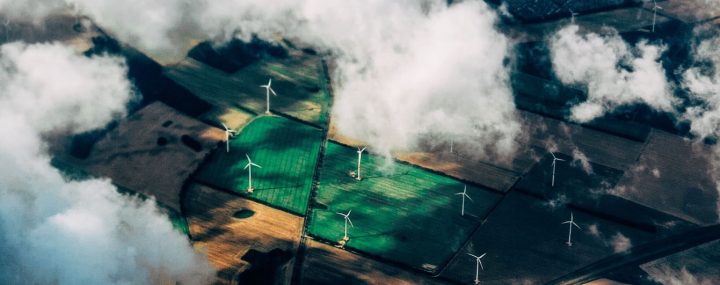TUTU5-kurssin suoritukseksi soveltuva ’Imagination in Environmental Politics’ -kurssi on alkamassa tammikuussa
Imagination in Environmental Politics (5 op) -kurssi on alkamassa Helsingin yliopistossa. Englanniksi opetettava kurssi toteutetaan tällä kertaa verkkototeutuksena, eli sille on mahdollista osallistua paikkakuntaan sitoutumatta. Kurssi soveltuu ’TUTU5 Vaihtuvasisältöinen tulevaisuudentutkimuksen opintojakso’ -suoritukseksi ja TVA:n opiskelijat ovatkin tervetulleita ilmoittautumaan mukaan kurssille.
Kurssille voi ilmoittautua 13.1.2022 mennessä sähköpostitse osoitteeseen nina.janasik@helsinki.fi. Merkitsethän opintopisteiden kohdentamiseksi ilmoittautumisesi yhteyteen, missä yliopistossa opiskelet.
Alta voit tutustua kurssin kuvaukseen sekä osaamistavoitteisiin. Lisätietoa kurssiin liittyen löytyy tämän linkin takaa. Ilmoittautuneille lähetetään Moodle-linkki sähköpostitse ennen kurssin alkua.
Course description
Recently, attention has been paid to how we constantly change and recalibrate the ways we think about the environment. For example, concepts such as sustainable development, biodiversity and environmental security were once conceptual innovations but now form a central part of our cognitive repertoire. Of these, the notion of environmental security has recently gained prominence both internationally and nationally, as has its precautionary and anticipatory counterpart, that of resilience and adaptation. From the point of view of methodology, such future-oriented notions are usually linked to a specific form of future-oriented narration, that of scenarios or science-based plausible stories about the future. From the point of view of environmental imagination, however, these recent developments are not unproblematic. Future-oriented narratives and imaginaries enable and legitimize specific ways of acting while excluding others. The notion of environmental security, for instance, goes together with a rather violent imaginary articulated around the increase of climate-related conflicts around e.g. resource scarcity, and has explicitly been contrasted with the notion of not only environmental but multispecies justice, an imaginary articulated rather around peaceful cooperation. Also, more domain-specific takes abound, such as socio-technical, socio-environmental or socio-climatic imaginaries. Taken together, these developments raise the question of the more precise nature of current ways of imagining environmental futures. What kinds of environmental politics do current imaginaries/future-oriented narratives enable (and exclude)? What are the limitations of and tensions between them? In which ways have analysts of different kinds (scientific, literary, artistic) tried to overcome such limitations and tensions? The aim of the course is to explore the multiple imaginaries of environmental futures from a theoretical, empirical and methodological point of view, with an emphasis on the varieties of future-oriented narration.
Course aims
The aim of the course is to supply the student with skills to:
- critically review existing conceptual categorizations and conceptualizations of the future within the field of environmental politics (theoretical aspect);
- critically apply these categorizations and conceptualizations in relation to specific empirical cases (empirical aspect); and
- critically assess and evaluate existing future-oriented narration of different kinds and registers (methodological aspect).
TVA toivottaa mukavia kurssihetkiä!
Kuvituskuva: Thomas Richter, Unsplash.com

